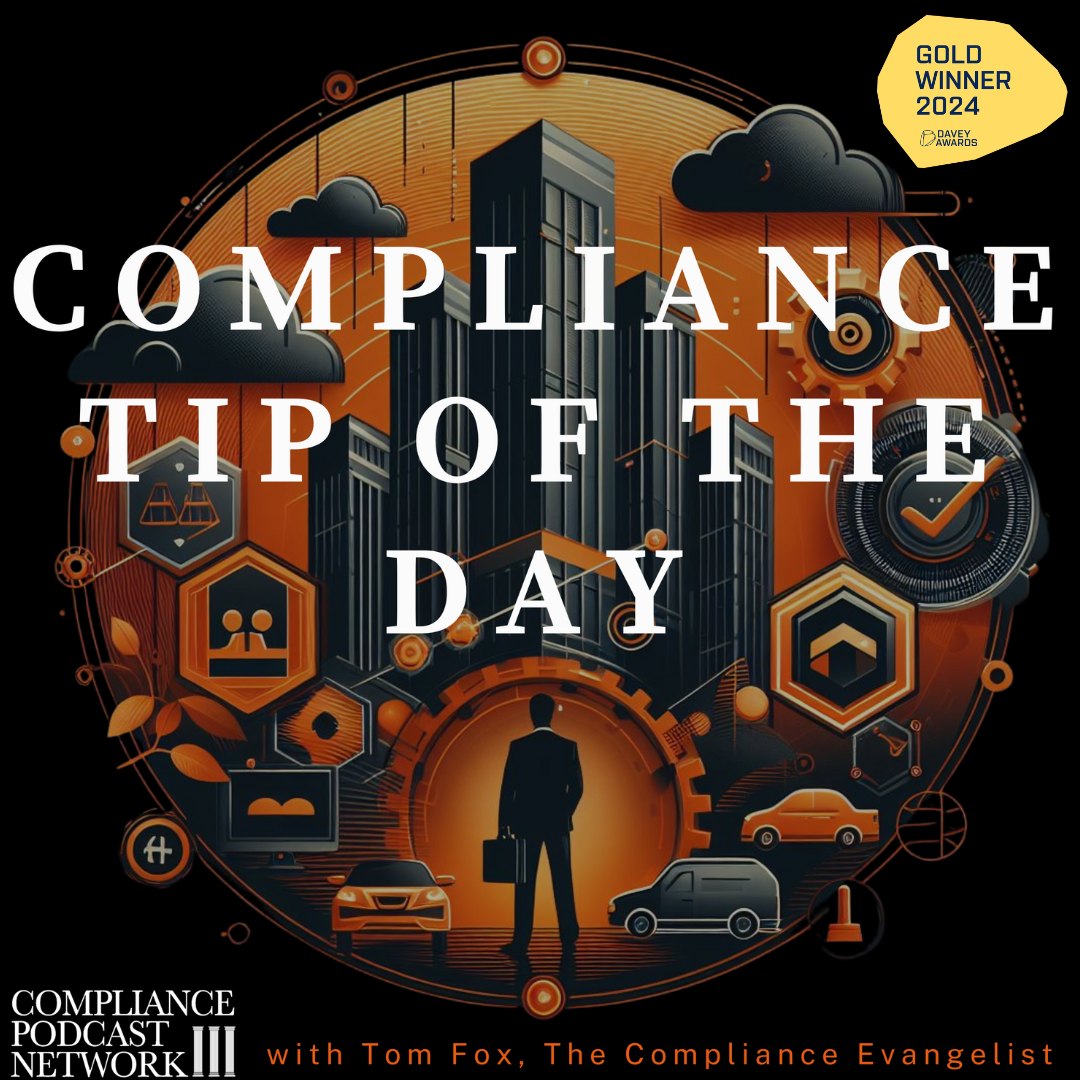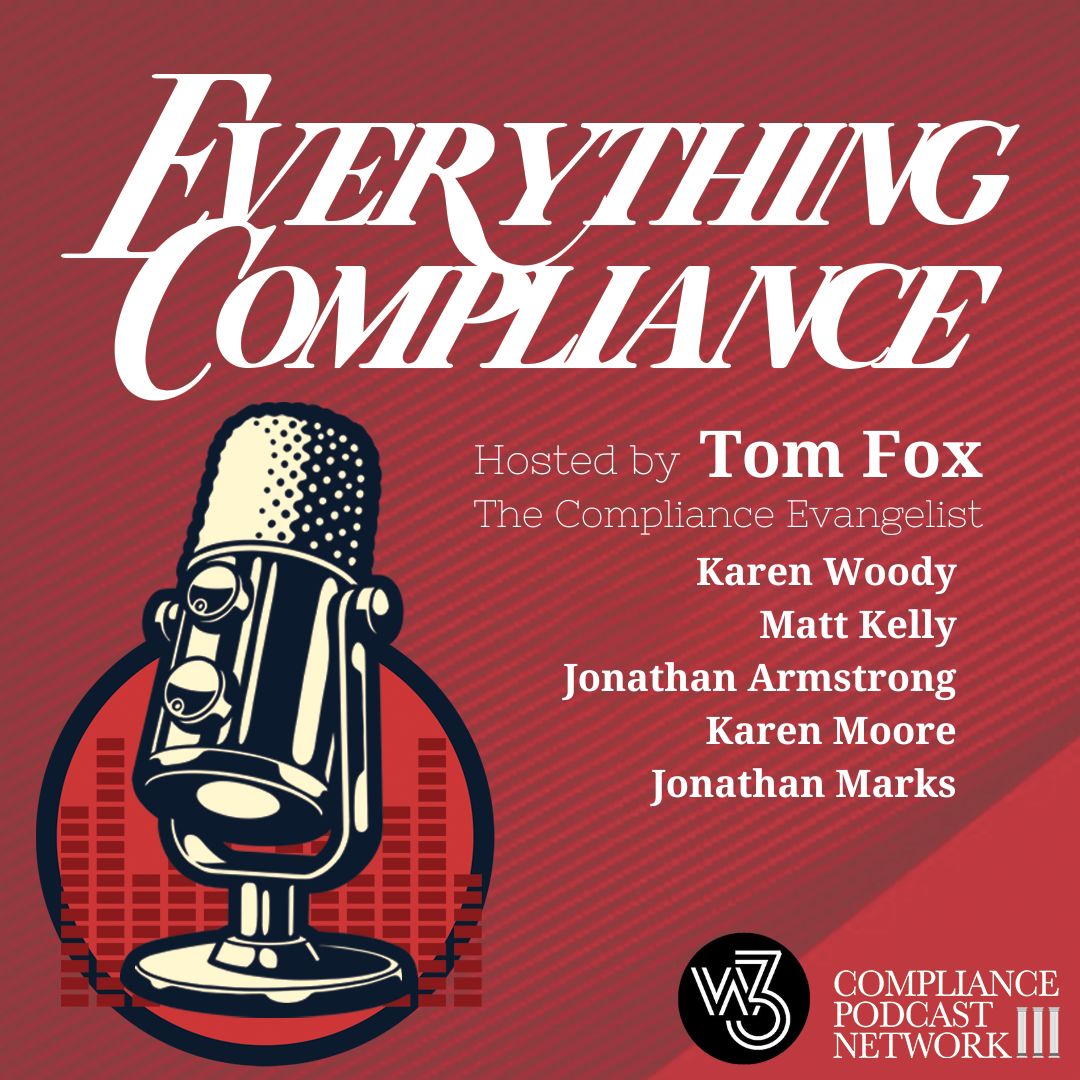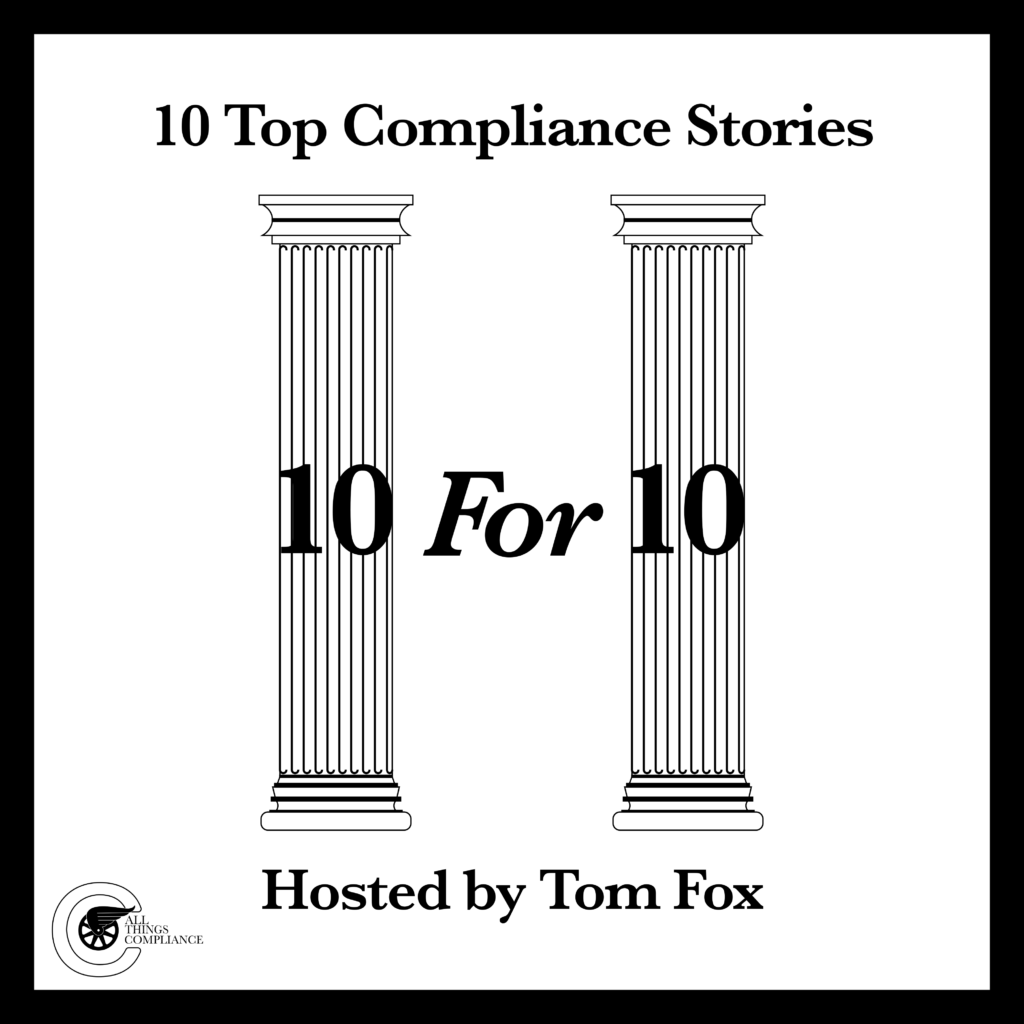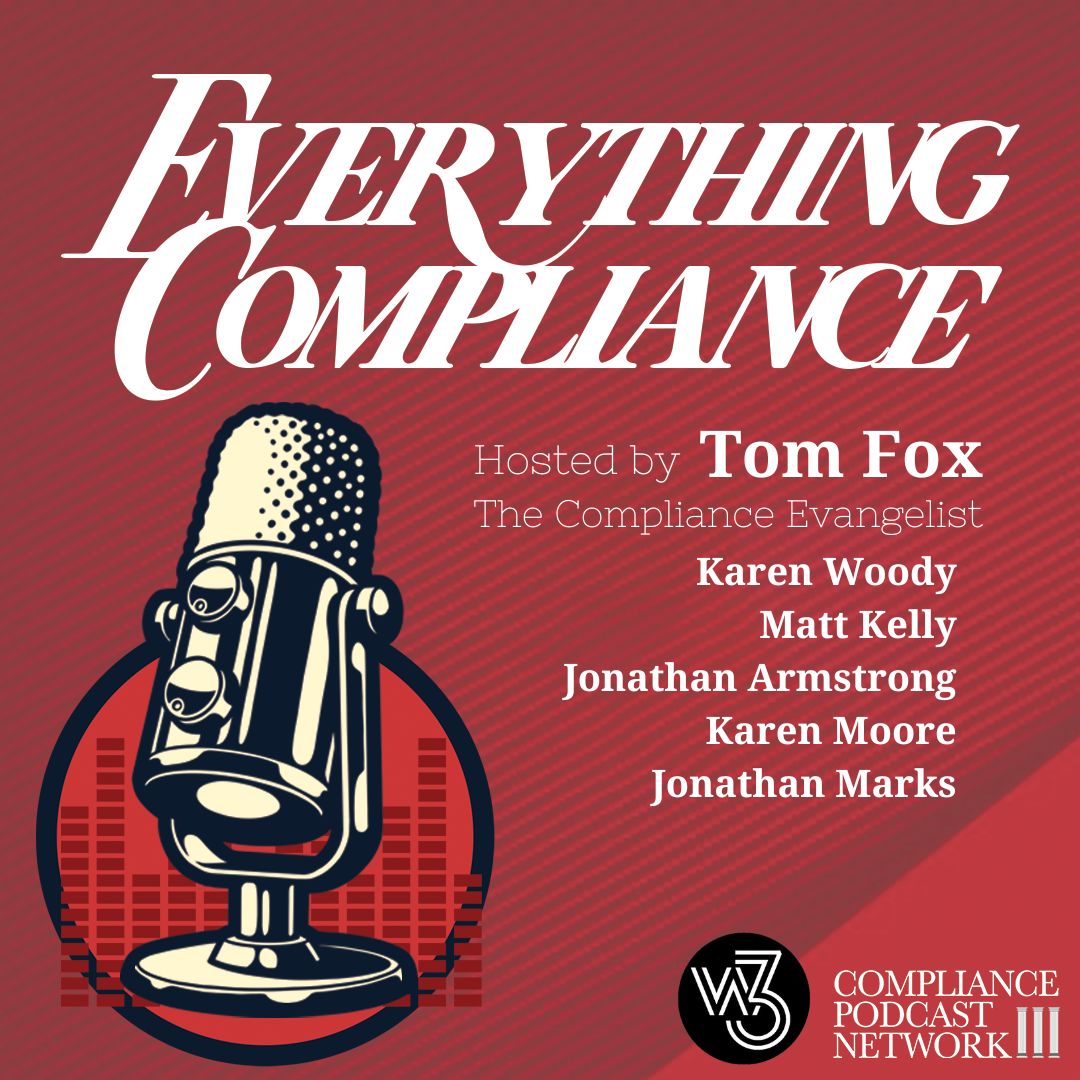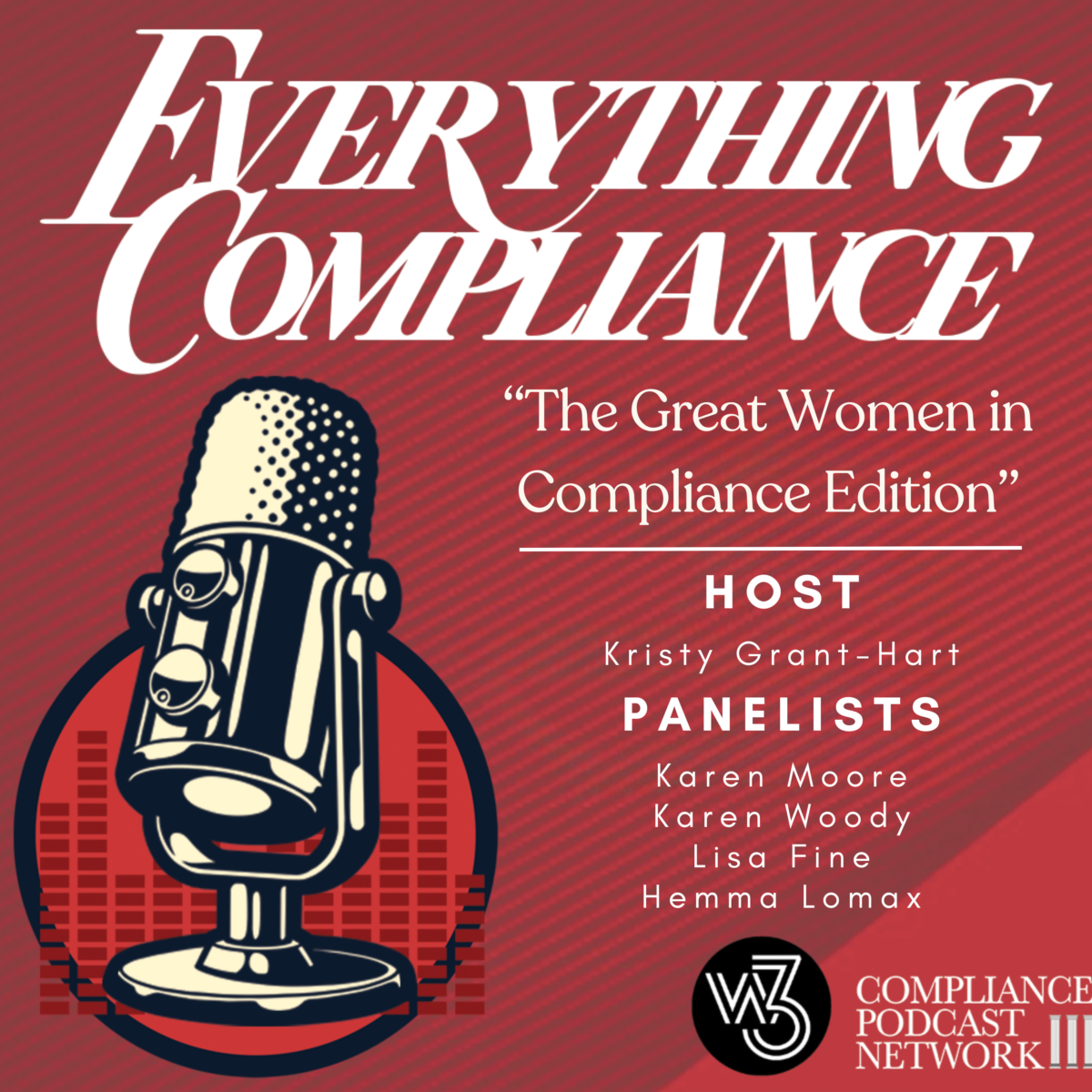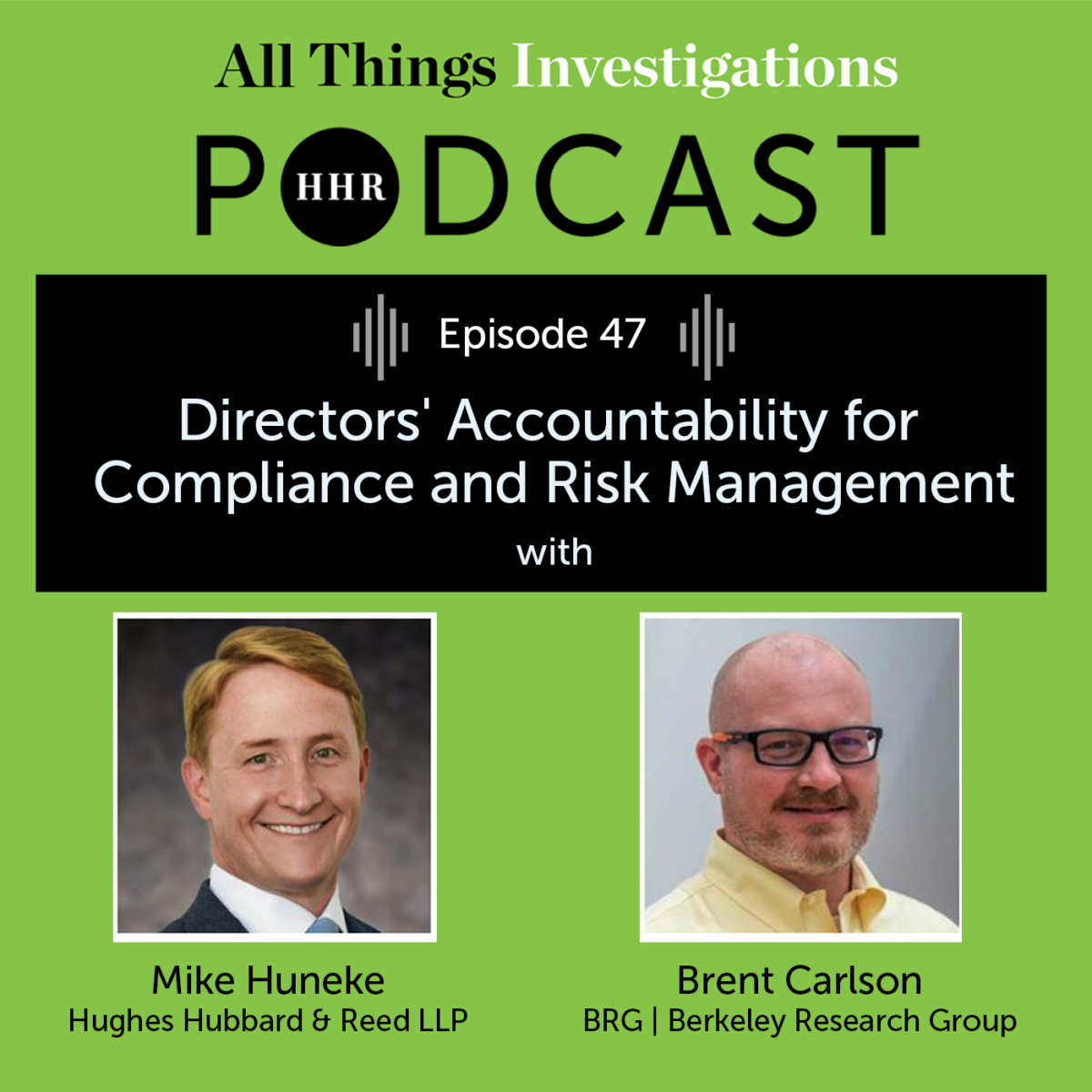For decades, Delaware courts famously described Caremark claims alleging breaches of the duty of oversight as “possibly the most difficult theory in corporation law upon which a plaintiff might hope to win a judgment.” Yet recent legal developments have shown that while Caremark claims remain challenging, they are no longer insurmountable. Cases like Marchand v. Barnhill) and the Boeing 737 Max shareholder derivative lawsuit have demonstrated that boards of directors are not immune from liability when they fail to fulfill their oversight responsibilities.
As we head into 2025, compliance professionals must stay attuned to the evolving dynamics of oversight duty claims. Today, we consider the current state of Caremark litigation, the implications of recent case law, and emerging areas such as cybersecurity, ESG, and AI that could generate oversight liability in the future.
A Historical Shift: From Rare Wins to Increased Viability
Historically, Caremark claims were long shots for plaintiffs. Courts typically set an extremely high bar, requiring claimants to demonstrate that directors acted in bad faith by consciously ignoring red flags or failing to implement compliance systems. However, recent decisions have opened the door for such claims, particularly in cases involving egregious governance failures.
The Boeing case was one of the most striking examples of a Caremark claim. It involved the two Boeing 737 Max plane crashes, which were catastrophic crashes tied to governance and oversight failures. The case survived a motion to dismiss and eventually settled for $237.5 million, funded entirely by D&O insurance. Next was Walmart’s Opioid case, which was also resolved in 2024. In this matter, Walmart’s Board of Directors faced a shareholder derivative claim, alleging breaches of the duty of oversight about the opioid crisis. The case settled for $123 million, showing that courts will entertain Caremark claims when systemic failures result in significant harm. These high-profile cases have emboldened plaintiffs and raised alarms in Delaware courts, leading to a noticeable backlash in recent decisions.
A Backlash Emerges: Delaware Courts Reassert a High Bar
The Delaware Chancery Court, which has long been a guardian of corporate governance law, has recently pushed back against what it views as an overextension of Caremark claims. Since 2023, we have seen three notable cases that highlight this skepticism. The first was the Segway case from 2023. In this decision, the Court dismissed claims against the board, emphasizing that liability requires a “red line” of bad faith—an extremely high standard that most claims fail to meet.
Next was the Walgreens Boots Alliance matter from 2024. In this decision, the Court criticized the “proliferation” of oversight lawsuits, warning that every time a company experiences an adverse event, reflexive filings could do more harm than good. Finally, there was the Centene matter, also from 2024: In Bricklayers Pension Fund v. Brinkley, Vice Chancellor Morgan Zurn dismissed oversight claims, finding no evidence that the board consciously disregarded compliance risks. Zurn underscored that “a bad outcome, without more, does not equate to bad faith.” These decisions signal a clear message from Delaware courts: that Caremark claims must meet an exacting standard and that not every adverse outcome shows a breach of oversight duties.
The Federal Courts Enter the Fray
While Delaware courts tighten their standards, federal courts applying Delaware law have shown a greater willingness to let Caremark claims proceed. Two notable cases from 2024 illustrated this trend. The first was a piece of the long-running Wells Fargo litigation for various actions. In this matter, a federal district court in California allowed claims against Wells Fargo’s board to move forward, citing allegations that directors failed to address discriminatory lending practices. Similarly, a federal court in Illinois sustained claims against Abbott Labs’ Board of Directors for failing to oversee the safety of its infant formula products.
These rulings suggest federal courts may be more receptive to Caremark claims, particularly in cases involving systemic misconduct or significant public harm. While these cases do not have precedential value in Delaware, they can be seen as a roadmap for successful Caremark claims outside the jurisdiction of these two district courts.
The Compliance Implications of Recent Trends
What do all these decisions mean for compliance professionals? In the ever-evolving landscape of oversight liability, the compliance professional has challenges and opportunities. Compliance professionals should proactively identify and address these risks at the board level. There are five areas compliance professionals should focus on.
- Active Oversight. The common thread in successful Caremark claims is the board’s failure to actively monitor compliance risks. Compliance officers should ensure that boards are regularly informed about key risks through detailed reports and actively engaged in oversight of high-risk areas, such as product safety, regulatory compliance, and ethical conduct.
- Document Document Document. Your Board’s efforts to oversee compliance systems and address red flags that rise to the Board level. Boeing shows that the absence of documented board actions can be devastating in litigation. Compliance teams should work with corporate secretaries to: a.) Ensure board minutes reflect meaningful discussions about compliance risks. b.) Record follow-ups on identified issues to demonstrate a proactive approach.
- Emerging Risks. There are a variety of areas that are ripe for future Caremark claims. These areas include cybersecurity, as Boards that fail to oversee cyber risk management could face liability after a data breach. ESG is still a business imperative, even if the incoming Administration is antithetical to it. Environmental and social failures, such as ignoring climate risks or fostering discriminatory practices, may trigger oversight claims. Finally, AI governance will be at the forefront of many compliance professionals’ minds. As AI adoption accelerates, Boards must ensure compliance with developing regulations and ethical standards.
- Federal Courts. The divergence between Delaware and federal courts applying Delaware law complicates the oversight liability landscape. Compliance teams should monitor cases in both jurisdictions and adapt their strategies accordingly.
- Insurance and Indemnification. Given the financial stakes in Caremark litigation, robust Directors and Officers (D&O) insurance is essential. Compliance teams should work on reviewing D&O policies to ensure they provide adequate coverage for oversight claims. You should also collaborate with legal and risk management teams to understand policy exclusions and coverage limits.
A Call to Action for Compliance Professionals
The shifting dynamics of Caremark claims underscore the critical role compliance professionals play in supporting board oversight. To strengthen your organization’s oversight framework:
- Educate the Board by providing regular training on directors’ fiduciary duties, focusing on their oversight obligations.
- Enhance reporting by developing dashboards and reports that give the board a clear view of compliance risks and mitigation efforts.
- Promote a culture of accountability by working with senior leadership to embed compliance into the organization’s culture and ensure that issues are addressed at every level.
While recent Delaware decisions have reaffirmed the difficulty prevailing in Caremark cases, high-profile settlements and federal court rulings indicate that oversight liability remains a growing risk. Compliance professionals must stay vigilant, ensuring their boards are well-equipped to meet their oversight responsibilities.
By focusing on proactive risk management, thorough documentation, and emerging risks like cybersecurity and AI, compliance teams can help their organizations navigate the complex oversight landscape. The stakes are high, but so are the opportunities to build stronger, more resilient governance frameworks.
As Kevin LaCroix has noted, “The bottom line is that notwithstanding recent Delaware Chancery Court skepticism toward a breach of the duty of oversight claims, there is life for these kinds of suits, at least in some cases—including in cases filed outside of the Delaware state courts.”



